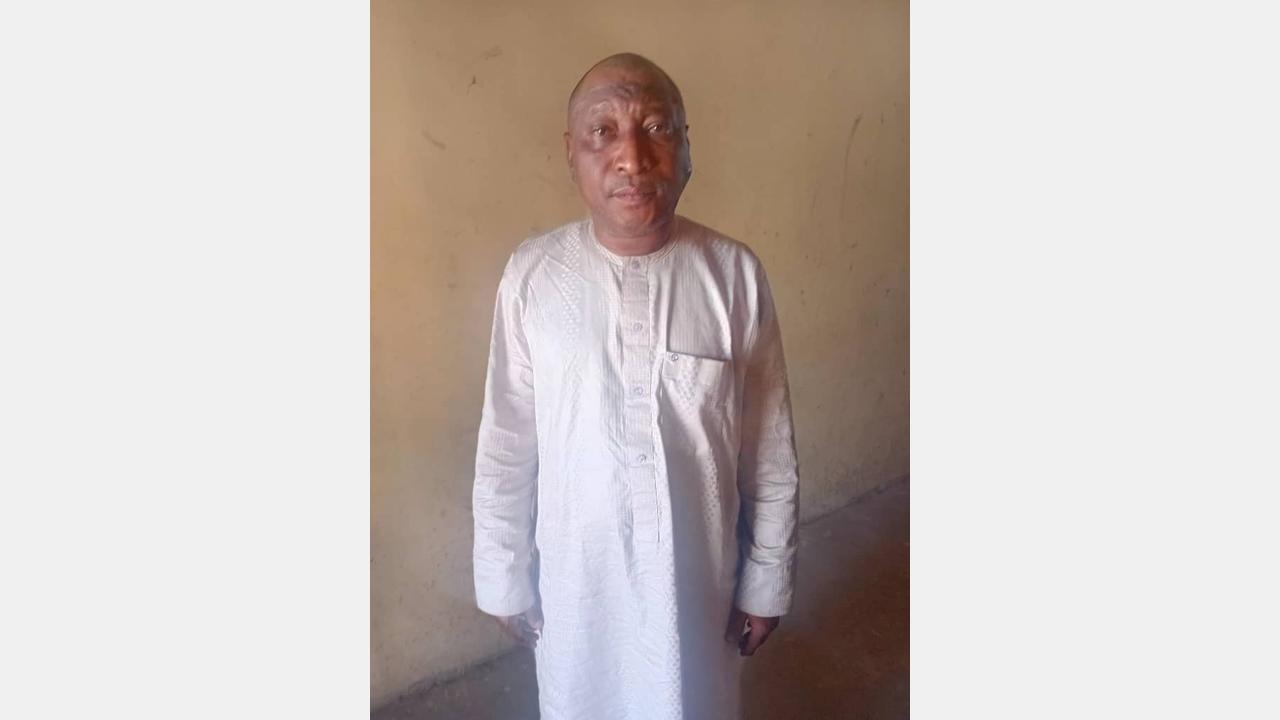Peter Ameh, a former national chairman of the Inter-Party Advisory Council (IPAC), has criticised Nigeria’s rising cost of governance and praised Peter Obi as a rare political figure capable of halting the trend through principled economic stewardship.
Speaking on Channels Television, Ameh decried the government’s wasteful spending habits and called for urgent reform in public procurement, project execution, and recurrent expenditure.
“We cannot be buying a private jet for ₦150 billion while 80 percent of our population lives in poverty,” Ameh declared. “You can’t be purchasing candlelight for ministers or spending billions on kitchen utensils while citizens are hungry. This is not governance, it is self-indulgence.”
He cited Peter Obi as a leader who has demonstrated fiscal restraint, adding that such character traits were lacking in the current administration.
“In Peter, we have someone who understands the value of money, who cuts down on excesses and believes in investing in people,” he said. “That’s the kind of leadership Nigerians are yearning for.”
Ameh referenced the 2024 budget performance, claiming that recurrent expenditure hit over 100 percent while capital investment remained below 30 percent. He said this imbalance was proof of misplaced priorities.
“Our money is being used to service power, not to empower the people,” he added. “Governance should not be about buying more for yourself, but building more for the people.”
According to Ameh, Obi represents a departure from the politics of entitlement that has characterised successive administrations. “Peter doesn’t promise frivolous things. He speaks about investment in local manufacturing, supporting farmers, and building a self-sustaining economy. That’s the conversation we need.
He expressed worry that the federal government’s economic policies were designed to please foreign interests while stifling domestic productivity.
“Rice prices have dropped, but they’re killing local farmers by allowing imports to flood the market. How does that build an economy? Peter won’t allow that,” he said.
Ameh argued that real transformation would only happen when governance becomes people-centred and development-focused.
“We have the best arable land in the world, yet we import everything,” he said. “We must invest in our own capacity – agriculture, small businesses, and local industries.”
On public perception, Ameh said Obi’s popularity was not manufactured but earned.
“The people trust him because he walks his talk. He’s not riding on propaganda. He has lived what he preaches,” he stated.
Analysts have said that Nigeria’s budget system rewards elite consumption at the expense of mass welfare.
“The country spends massively on government luxury while neglecting healthcare, education and infrastructure,” said economist Maryam Audu. “Unless there is a fundamental shift, we will keep going in circles.”
Ameh called for legal reform to cap frivolous expenditure and enforce accountability in government procurement.
“You can’t have a system where someone can buy candles with taxpayers’ money and get away with it. That’s abuse,” he said.
He reiterated that political power must serve the masses and not the elite. “What we want is a leader who sees governance as a duty, not a feast.”
As 2027 approaches, he called on Nigerians to demand better from those seeking office. “Don’t just clap because someone speaks well,” he said. “Ask: will they save money or spend it on themselves?”






